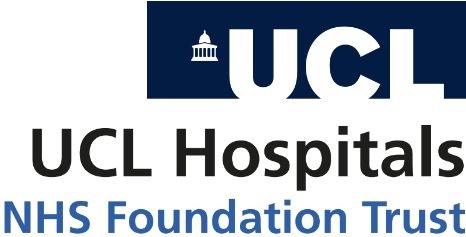
Online weekly and occasional surveys June 2020-April 2025
Virus Watch collected information in regular online surveys from 58,600 people in 27,500 households across England and Wales since June 2020. Our weekly surveys of symptoms and their severity told us if anyone in the household was ill, received a positive LFT or PCR and the types of activities that they undertook before they became ill. We received over 2.7 million weekly surveys.
Our more detailed occasional surveys focused on different themes such as long COVID, household finance, employment, mental health, access to healthcare, vaccination uptake, and activities and contacts. We received over 800,000 individual responses.
Laboratory tests
Early in the study, 10,000 people took part in a laboratory sub-cohort, where blood samples were taken either in a clinic or via a home visit at 2 time points (October 2020 – August 2021). These were tested for the presence of Spike antibody and later for Nucleocapsid antibody indicating whether a person had antibodies due to vaccine or natural infection or both. Participants also sent PCR swab tests when they had symptoms, to tell if they had caught COVID-19.
Vaccine Effectiveness
Adult study participants were also invited to take part in monthly finger prick testing to assess immune responses over time between February and August 2021. This work continued with bi-monthly testing from September 2021 -March 2022 and in total we collected 107,708 finger prick samples from almost 20,000 participants.
This provided quantitative results for the anti-body response following the second vaccine dose as well as subsequent booster doses and allowed us to compare Astra Zeneca and Pfizer vaccines. Importantly we were able to study the antibody response in healthy vs immunocompromised participants and assess how our immune response to the virus and to the vaccine protects us from future infection.
Data Linkage
Data have been linked to Hospital Episode Statistics (HES), inpatient and critical care episodes, outpatient visits, emergency care contacts, mortality, virology testing and vaccination data held by NHS Digital. This information has been vital in helping us to complete the picture in terms of how sick our study participants became and the type of healthcare they accessed, what their PCR test results were during the national testing program, the date and type of vaccines they received and whether any have died.
Geo-location Data
Data have been linked to Hospital Episode Statistics (HES), inpatient and critical care episodes, outpatient visits, emergency care contacts, mortality, virology testing and vaccination data held by NHS Digital. This information has been vital in helping us to complete the picture in terms of how sick our study participants became and the type of healthcare they accessed, what their PCR test results were during the national testing program, the date and type of vaccines they received and whether any have died. Using these data we have been able to investigate changes in mobility after participants received their first COVID-19 vaccine and examine how movement across the country changed in response to restriction policies during the COVID-19 pandemic.
Genomics Study
We invited existing study participants to take part in a genomics study of COVID-19 variants from January to June 2023. This study involved genetic sequencing of the COVID-19 virus collected in throat and nasal swabs. This allows us to see the entire genetic code of the virus which may be important for understanding whether some strains of the virus make people more ill. For people that live in a multi-person household, when more than one person in a household becomes ill with COVID-19, this genetic testing of the virus will help us to understand whether one person infected the other or whether the infections were transmitted from outside of the household.
How do we handle Virus Watch data?
To find out about the types of data we are collecting as part of this study and how we handle it please click here.
Ethics
This is a national study that has been approved by the Hampstead NHS Health Research Authority Ethics Committee. Ethics approval number — 20/HRA/2320.
Funders
Virus Watch is based at UCL Institute of Health Informatics and has received funding from the following:
- UKRI Medical Research Council Grant: MC_PC 19070 & MR/V028375/1
- Department of Health & Social Care.
- European Commission Horizon Health 2021 Grant: 101046314
- The study received advertising credit from Facebook to support a pilot social media recruitment campaign on 18 August 2020.
- Antibody testing undertaken by the vaccine evaluation sub-cohort was supported by the Department of Health and Social Care from February 2021 to March 2022.
- Occupational research was supported by the PROTECT COVID-19 National Core Study on Transmission and Environment Grant, administered by the UK Health and Safety Executive.
